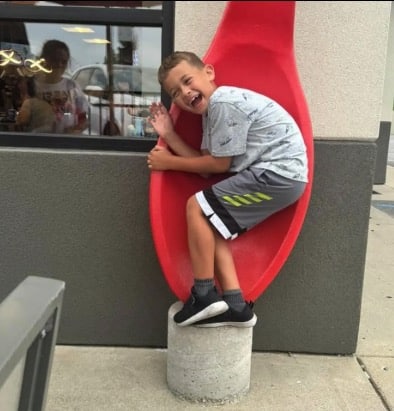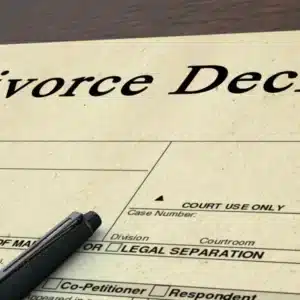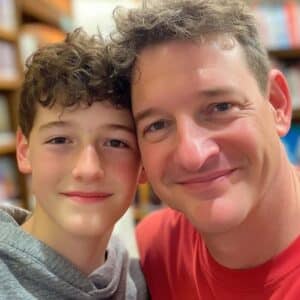When Ashlee Dahlberg’s 8-year-old son, Liam, came home from school one evening complaining of nothing more than a headache, it didn’t set off alarms. Like any parent, she assumed it was a mild illness — maybe a cold, maybe fatigue from a long day. Nothing seemed urgent.
But by sunrise, everything had changed.
Liam was nearly unresponsive, his little body already succumbing to something much more insidious than anyone could have imagined. Ashlee and her husband rushed him to the hospital, frantic and terrified. There, doctors delivered a diagnosis that would shatter their world forever: Liam had contracted a rare and aggressive bacterial infection known as Haemophilus influenzae type b — commonly called Hib.
The infection had already spread throughout his brain and spinal cord. It was moving faster than medicine could catch.
“They discovered the amount of bacteria that was covering his brain and his spinal cord,” Ashlee later told local outlet WTHR. “At that point in time, there was nothing they could do.”
Despite Liam being fully vaccinated, doctors suspect he came into contact with an unvaccinated child — a growing concern as vaccine hesitancy continues to rise in many communities. Ashlee had done everything “right.” But this one exposure to a highly contagious pathogen was all it took.
“Anybody that contracts it usually dies within 24 hours,” she said. “And I would never wish this kind of pain on my worst enemy.”
Hib is not the flu, despite its misleading name. It’s a bacterial infection that, in severe cases, can lead to meningitis — an inflammation of the membranes surrounding the brain and spinal cord. Before the vaccine was introduced in the mid-1980s, it was one of the most feared illnesses among pediatricians. Many children who survived it were left with lifelong complications — hearing loss, developmental delays, seizures. Others simply didn’t survive at all.
Liam’s infection developed into meningitis almost immediately. As doctors showed Ashlee the scans and explained the damage, she realized the fight was already lost.
“To lay there with him as they took him off life support… I could feel his little heartbeat just fade away.”
In the face of unspeakable grief, Ashlee chose to act. She began speaking out — not to spark debate, but to share a plea. Her message was simple, but heartbreaking:
“I feel I have failed my child because I could not protect him from everything that would cause harm.”
She hadn’t failed. But her pain now stands as a warning — a voice echoing through the noise of vaccine misinformation, begging other parents not to make the same assumptions or take the same chances.
Hib is preventable. The vaccine is approximately 95% effective — but it only protects the individual who receives it. That means unvaccinated people, even without symptoms, can carry the bacteria and pass it on to others, including children who are too young, immunocompromised, or still within the vaccine schedule.
Dr. Eric Yancy, a pediatrician who has seen the pre-vaccine era firsthand, explained it bluntly:
“If it didn’t kill the children within a very short period of time, it left many of them with significant complications.”
A GoFundMe page set up to help Liam’s family has raised more than $54,000. It describes Liam as “a bright and smart young boy, full of life and potential. His presence brought joy and warmth to everyone he met.” His mother posted a heartbreaking video of her son in the hospital, moaning softly — already slipping away.
Now, Ashlee hopes her family’s tragedy will prevent another.
“Please,” she says. “Vaccinate your children. I don’t want any other parent to go through this pain.”
Her voice may be quiet, but it carries the weight of an unthinkable loss — one that never should have happened. And it carries a warning that we, as a society, cannot afford to ignore.









